Research Paper: Boateng, F. G., Appau, S., & Baako, K. T. (2022). The rise of ‘smart’solutions in Africa: a review of the socio-environmental cost of the transportation and employment benefits of ride-hailing technology in Ghana. Humanities and Social Sciences Communications, 9(1), 1-11.
What this paper is about
Governments in Africa are licensing major global ride-hailing firms to launch operations in the continent. This is often presented as a refreshing development for the continent to leverage technology to address its twin problems of inefficient urban transport and rising youth unemployment. Interviews with ride-hailing adopters (drivers, riders, and car owners) and researchers in Ghana suggest, however, that whereas the technology is driving up the standards of road transport experience, the benefits are accessible to a select few (largely, the younger, highly educated and relatively high income-earning class).
The lopsided power relations underlying the ride-hailing industry have also meant that the economic opportunities it avails disproportionately benefit a few powerful players (e.g. ride-hailing firms and car owners) while stimulating ‘turf wars’ among online and traditional taxi drivers; deepening existing gender inequalities in access to income-earning opportunities in the commercial passenger transport sector; encouraging unhealthy driving practices, shifts from shared public transport, and inundation of the roads with more private cars.
While it will be imprecise to say that the private gains of ride-hailing outstrip the public costs and, therefore, the technology is detrimental to Ghana’s development, the considered evidence raises the need for sustained scrutiny of the hailing of technological interventions as though they are the magic bullets for socio-economic transformation in Africa. Overall, the paper argues that dismantling the power structures underlying Africa’s urban challenges will require more than splashing ‘smart’ apps and other tech wizardries around. Indeed, the lessons from Ghana’s ride-hailing industry suggest that such exclusively technical solutions could easily take root and pattern after existing strictures of unjust power structures in ways that could exacerbate the social and environmental problems they are supposed to address.
What you can learn
- Indeed, as shown in this study, the opportunity to have exclusive use of vehicles instead of sharing them with other riders is one of the key influences of ride-hailing adoption.
- The result of the founding of ride-hailing services on smartphone technology and Ghanaian riders’ taste for lone travels is that older and uneducated people who are not tech-savvy and low-income people without the financial wherewithal to afford smartphones and lone-travels are excluded from the benefits of ride-hailing technology in the country.
- But this dynamic is not a peculiar feature of the ride-hailing industry; the industry has only patterned after the existing strictures of male-dominated gender power structures embedded in Ghana’s commercial passenger transport sector.
- As pertaining to other African countries see e.g., whereas local private transport owners/ operators have helpfully stepped in to fill these public service gaps, the continuing decline in opportunities for wage employment and the lack of labor rights protections especially in the informal sector create room for them to exploit the many young people who enter the commercial passenger transport sector looking for jobs as drivers.
- The emergence of ride-hailing in Africa and the underlying costs and potential for exploitation need to be understood in the context of the continuing deprioritizing of investments in organized public transport, the generation of adequate secure jobs and labor rights protections in the continent, thereby creating room for international ride-hailing firms to profit from vehicles they do not own, and the labor of drivers they do not ’employ.
- At the level of evidence, ride-hailing firms and entrepreneurial car owners are the big winners, while the broader society pays for the environmental and other costs of their private gains related to unhealthy driving practices; increased congestion; shifts from shared public transport, and inundation of the roads with more private vehicles.
Read more about PUBLIC TRANSPORTATION IN AFRICA: A ROADMAP TO A FULLER UNDERSTANDING
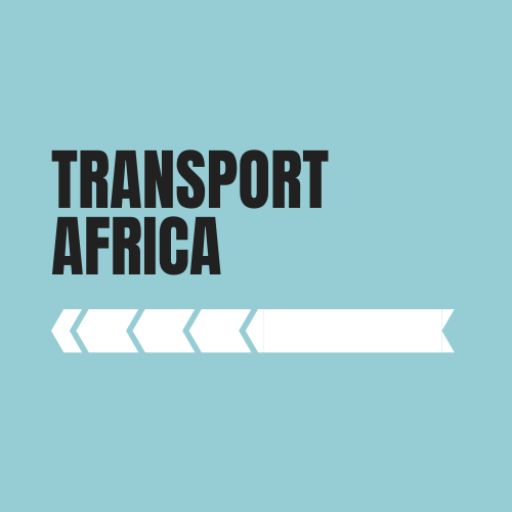
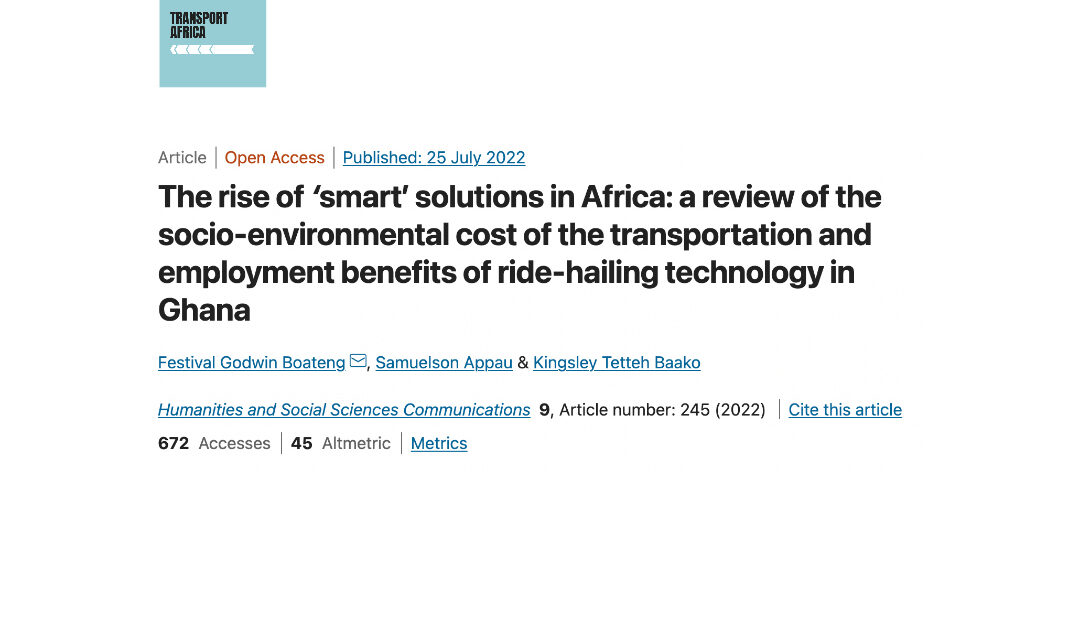
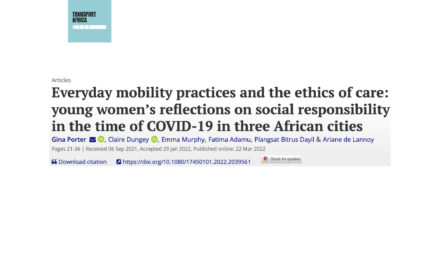
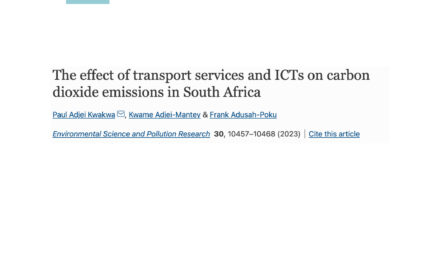
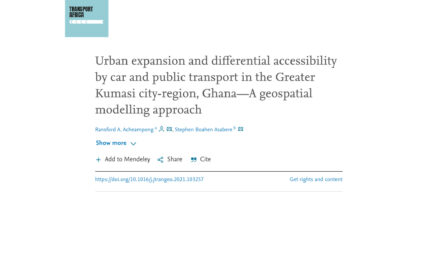
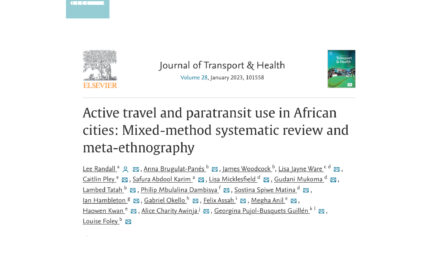
Thanks for another fantastic article. Where else may anyone get that type of information in such a perfect manner of…